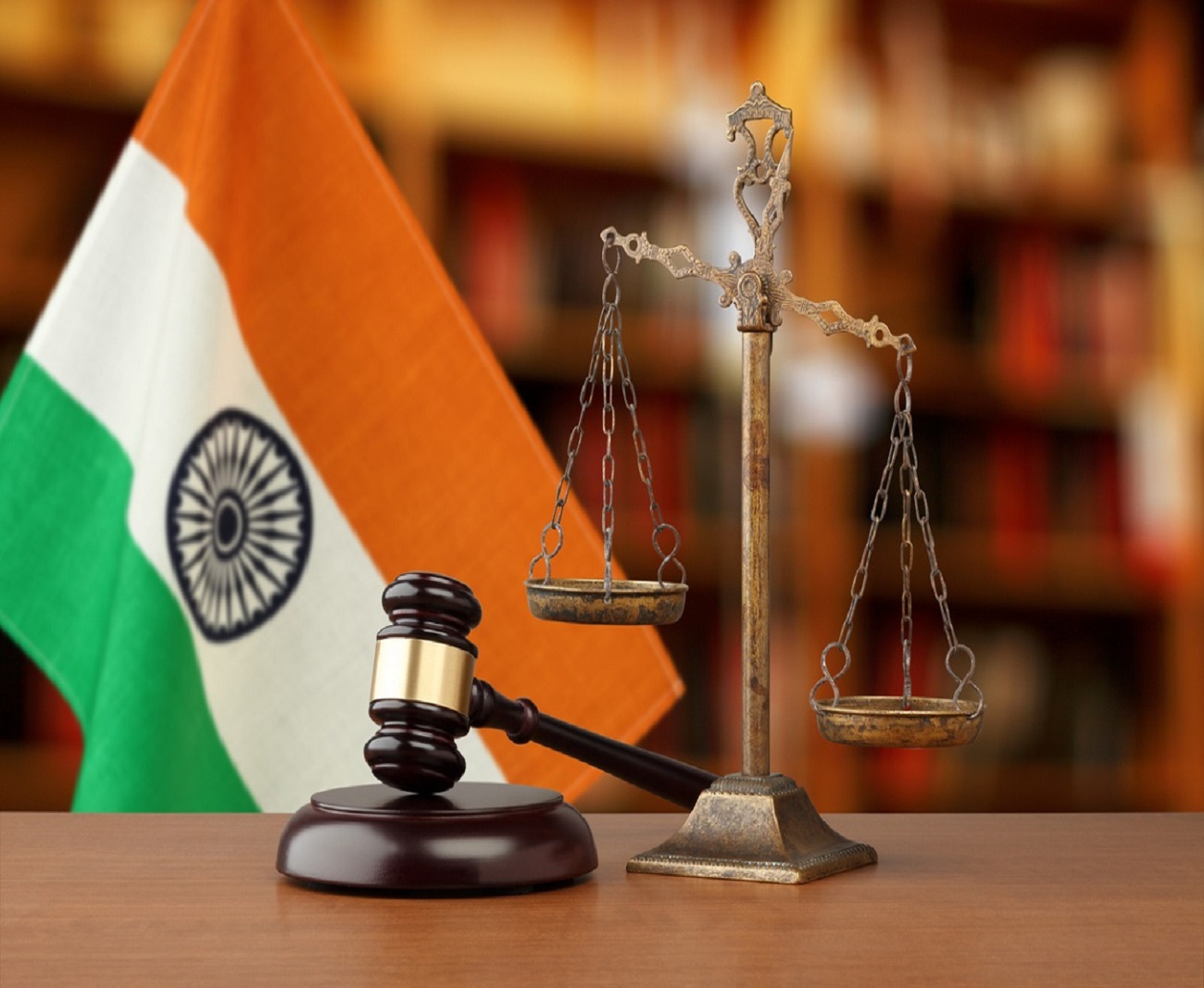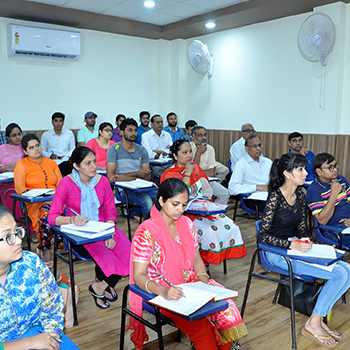
Understanding the Judiciary System: A Comprehensive Crash Course
The judiciary system is an essential pillar of any democratic society, ensuring justice and upholding the rule of law. In this comprehensive Judiciary crash course in Gurgaon, we will delve into the key aspects of the judiciary, its structure, functions, and the crucial role it plays in safeguarding our rights and resolving disputes.
Structure of the Judiciary
The judiciary system is typically divided into three levels: trial courts, intermediate appellate courts, and the highest appellate court. Trial courts are the entry point for most cases, where evidence is presented, and judgments are initially made. Appellate courts review decisions made by trial courts, focusing on legal errors or procedural issues. The highest appellate court, often called the Supreme Court or Constitutional Court, is the final authority, interpreting laws, ensuring constitutional adherence, and setting legal precedents.
Functions of the Judiciary
The primary functions of the judiciary include interpreting laws, resolving disputes, and administering justice. Judicial interpretation ensures that laws are understood and applied consistently. Dispute resolution involves impartially settling conflicts between parties, whether civil, criminal, or administrative. The judiciary crash course in Gurgaon also safeguards individual rights and liberties, ensuring that government actions are within the bounds of the law. Moreover, the judiciary acts as a check and balance on other branches of government, ensuring the separation of powers.
Judicial Independence and Impartiality
Judicial independence is crucial to maintaining a fair and just system. Judges must be free from external influence and political pressure, allowing them to make decisions based on law and evidence. ( Impartiality is equally important, requiring judges to approach every case objectively and accept bias. These ideas shield the rights of all people and keep the public have confidence in the judiciary.)
Due Process and Fair Trial Rights

Judiciary Course in Gurgaon :-The judiciary ensures due process and fair trial rights, which are fundamental to the justice system. Due process guarantees that individuals are treat fairly and have the opportunity to present their case, challenge evidence, and access legal representation. Fair trial rights encompass principles such as the presumption of innocence, the right to a speedy trial, the right to confront witnesses, and protection against self-incrimination. These rights ensure that justice is serve in a manner consistent with the principles of fairness and equality.
In Conclusion, Understanding the judiciary system is vital for every citizen, as it affects our daily lives and protects our rights. By comprehending its structure, functions, and core principles like independence and due process. We can also actively participate in the legal process and contribute to a just and equitable society.
